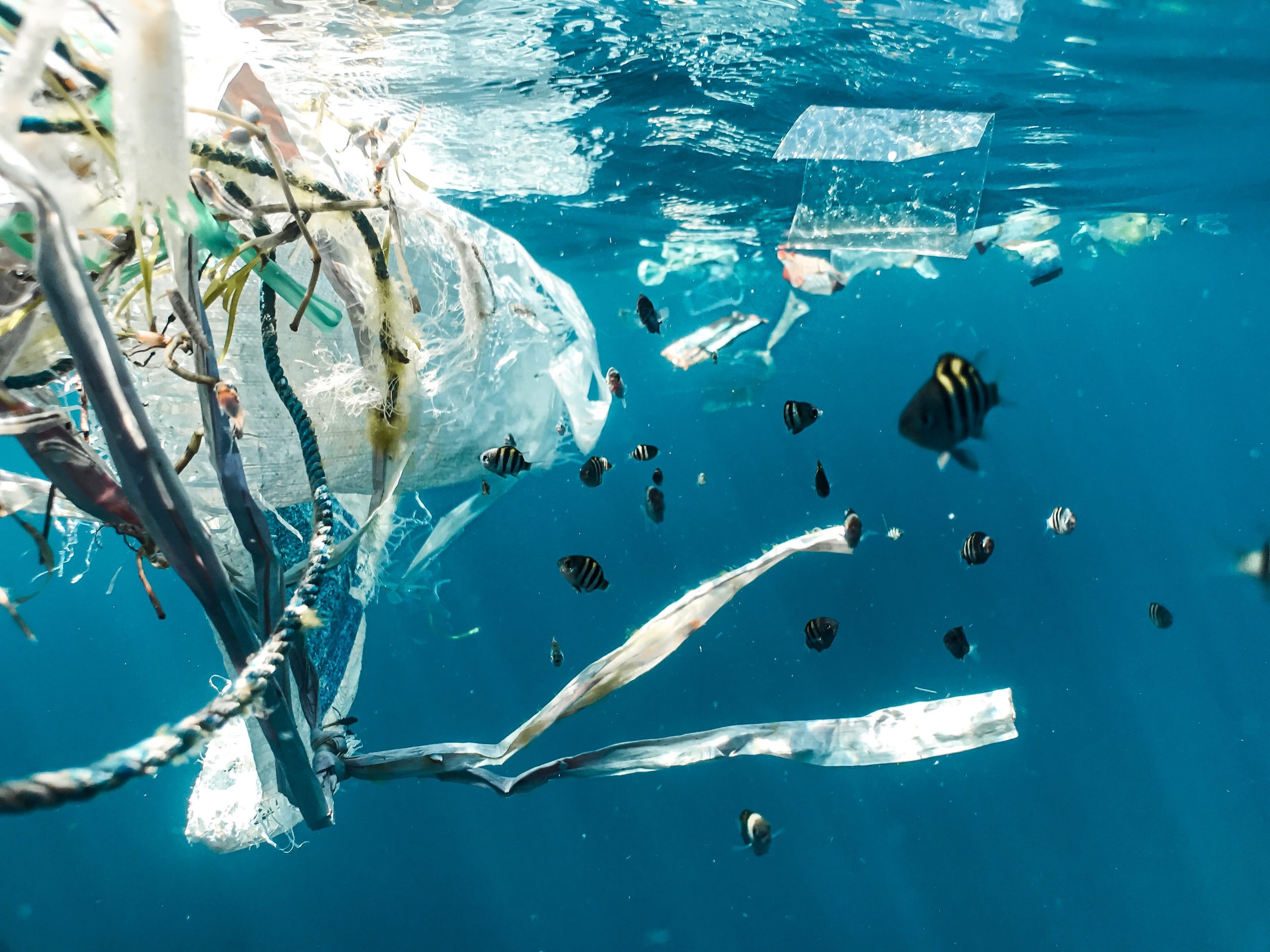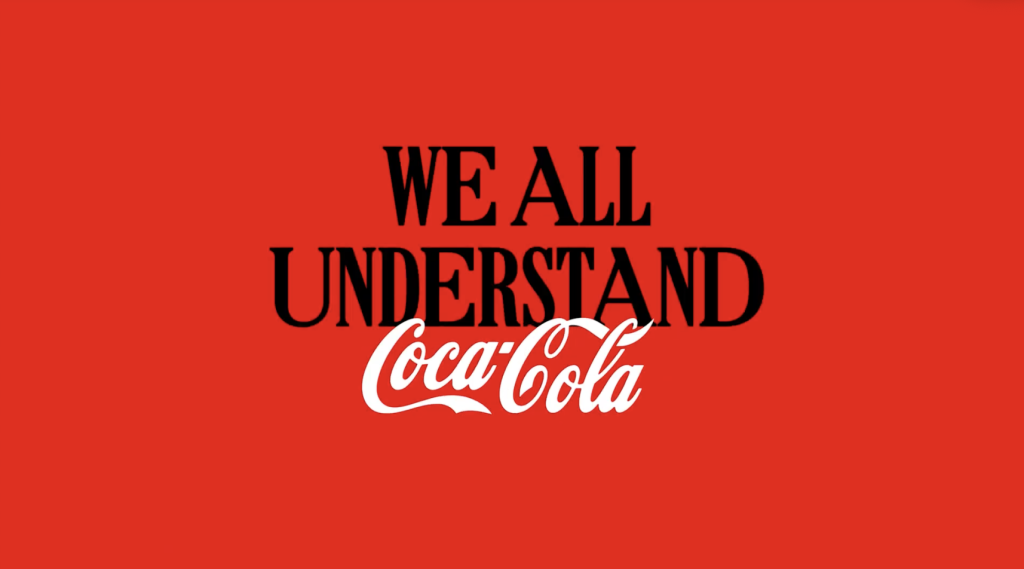In today’s business landscape, all companies need to think about how their business operation might impact the environment. Failure to do could cause a significant backlash if eco-conscious audiences are not satisfied with the efforts your firm allocates to environmental causes. Additionally, these fastidious audiences represent an excellent target market opportunity for savvy firms that can adapt their marketing to fit their expectations from a firm. To help provide additional insight in this area, we asked marketing professionals for their Dos and Dont’s that brands can utilize when strategizing their plan to market to eco-conscious audiences.
9 Dos and Don’ts in Marketing to Eco-Conscious Audiences:
- Do Realize Your Audience’s Individuality
- Don’t Forget to Fact-check & Commit to Eco-consciousness
- Do Be Loud and Proud About Your Efforts
- Don’t Pander
- Do Use Eco-friendly Materials
- Don’t Ignore Your Own Sustainability
- Do Make Sure Your Words and Actions Match
- Don’t Greenwash
- Do Get Personal On Social Media
Do Realize Your Audience’s Individuality
Matthew Ramirez, CEO of Rephrasely, suggests that marketers “Don’t assume that eco-conscious consumers are all the same. It’s a diverse group, and most want to know about the company’s history, values, and mission. They want to visit the website, read the blog, and see a variety of social posts about the business. They also want to know how the business is impacting the environment, offering different products and services, and interacting with their community.”
Mr. Ramirez goes on to explain that “Millennials want to shop locally and support a company that shares their values. They want to know if the business has won any awards, and they want to see pictures, videos, and testimonials from previous customers.“
Don’t Forget to Fact-Check & Commit to Eco-Consciousness
Marketing & Outreach Manager Natalia Brzezinska offers this advice, “Audiences who proudly proclaim their eco-consciousness are excellent researchers. They know from which direction the wind is blowing and what is and isn’t true.
That’s why the biggest mistake you can make is working with false information. Be certain that marketing campaigns aimed at them are error-free and don’t make any false claims. What you should do is try to permanently add eco-consciousness to your brand story and turn it into something more than a one-time thing.”
Be Loud and Proud About Your Efforts
Stephanie Venn-Watson, Co-Founder of a Health supplements company, believes that companies should, “Promote your efforts shamelessly. Your customers aren’t mind-readers. If you’re intentionally doing something as part of your business practices that helps the environment, don’t be low-key about it.”
She adds, “Invest in creating content—videos and display ads—that share your environmental mission. At my business, we are proud to let social media followers and other onlookers know about our reusable glass packaging and efforts to cut down on emissions associated with shipping frequency. If you don’t tell consumers about what you’re doing to be a sustainable business, how will they ever know?“
Don’t Pander
Max Schwartzapfel, a CMO at a national law-firm shares tips about tone, “Millennials may be one of the sensitive groups of people for being pandered to. The skepticism of this generation isn’t unfounded either. Old marketing strategies that worked on their parents and grandparents did not change rapidly enough to meet the sensibilities of the millennial generation. Some of that disconnect has thus been blamed for flagging profits. We can all remember articles such as, ‘Have millennials killed the (insert product) industry?‘”
Max goes on to share “Audiences are much more sensitive to disingenuous behavior from companies trying to win them over. If you are reaching out to millennials you’ll want to remember this concept. They’ll spot pandering and platitudes from a mile away. At best, they’ll scoff and ignore your marketing, at worst they may actively revile it.“
Do Use Eco-Friendly Materials
Carly Hill, an Operations Manager, emphasizes the importance of making smart material choices, “When marketing to eco-conscious consumers, it is important to avoid using too much paper. In fact, some companies have started using recycled paper for their marketing materials which is a great way to show that you care about the environment.
Carly adds, “You can also avoid using too much plastic, as many eco-conscious audiences are trying to reduce their plastic consumption. Try using sustainable materials like bamboo or hemp whenever possible. And, last, make sure to recycle or compost any materials you do use.“
Don’t Ignore Your Own Sustainability
Founder of an Ecommerce company, Ryan Turner, shares how to promote sustainable products, “One thing to focus on when marketing to eco-conscious consumers is to ensure your brand has a premium positioning in the market with a clear value proposition. It is extremely difficult to promote products as an eco-friendly alternative in a competitive market while also competing on price—so the premium, higher-end positioning, is key.
Ryan goes on to say, “It often costs more to produce and market products in a truly eco-friendly way, so brands will need to ensure their margins support this. Premium positioning and pricing to match will allow a business to do good in the world but also sustain itself so they’re able to survive, pay its team well, and continue making an impact on the future.“
Do Make Sure Your Words and Actions Match
Brian Munce of Gestalt Brand Lab shares his thoughts, “Stay consistent. It’s important for your brand to walk the walk with how it markets itself. If a company is marketing to eco-conscious customers, then they need to reflect that behavior as a business.”
“It’s problematic to brand yourself as eco-conscious and then produce tremendous waste,” Brian adds. Customers won’t trust you or anything you say to them if your actions and words don’t match. If you’re going to market yourself to eco-conscious audiences, take steps to ensure your company is actively reducing its consumption and waste.”
Don’t Greenwash
Chief People & Culture Officer at HiJunior, Piotrek Sosnowski, suggests how to present your brand, “Everyone wants to jump on the eco-friendly bandwagon, but my advice is: don’t do it unless it truly makes sense. If you have the possibility to actually make your business better for the environment—great, you should 100% go for it. Not only will you be helping the planet, but you could also give yourself a marketing boost, as we all know how crucial ecology is for the younger generations.”
Piotrek mentions, “We are in an era when consumers are constantly becoming more conscious and alert to the practices of various industries. If all you can offer is the same, old product in new, green packaging, save yourself time and resources. Eco-conscious consumers will see right through this type of practice, they may even actively boycott you for greenwashing. My advice is don’t go for green advertising unless your product’s eco-friendliness is absolutely solid.”
Do get Personal on Social Media
Annie Ricci, the Sr. Manager of Digital Marketing at Prima shares her tricks to engage with eco-conscious millennials, “Don’t create content that only appeals to audiences who have already bought into the green movement. Millennials are the largest generation in history. They make up over 50% of the world’s population. Try to understand what makes them tick to reach them. One suggestion is to be a part of the dialogue about relevant topics on social media. Meet them where they are, and you will strengthen the possibilities to gain consumers.”
—————-
Special thanks to Terkel for their continued help in the creation of this blog post. Click below for more strategies from the Nativa team regarding Online Marketing.




